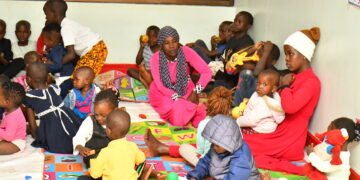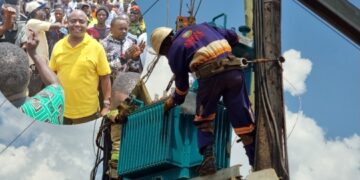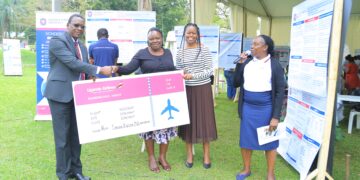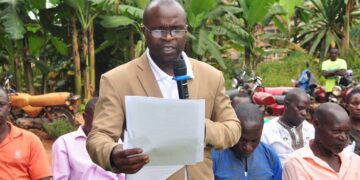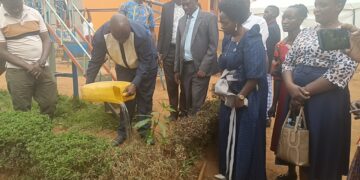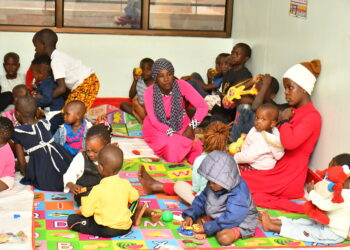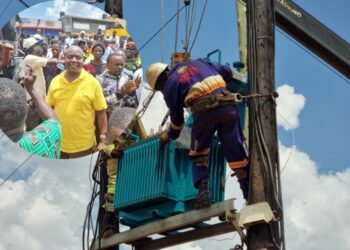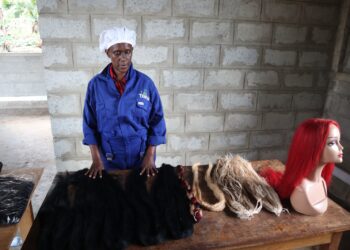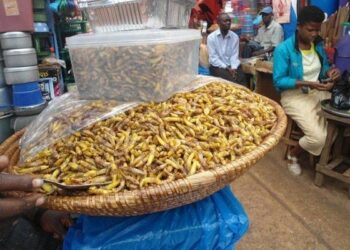Atiak Sugar Factory in Amuru District is calling for additional government funding to install water pipelines from the River Nile, which would support irrigation for sustainable sugarcane cultivation.
This request follows a Ugx108 billion investment from the government in the 2022/23 fiscal year, which was allocated to mechanise operations and establish irrigation infrastructure.
The factory has been closed since April 2022 due to a severe shortage of sugarcane and a series of fire incidents that devastated plantations in both Amuru and Lamwo Districts.
Mohamoud Ahmed, the Director of Planning and Investment at the factory, stated that the resumption of full-scale operations is contingent upon establishing a reliable irrigation system.
Ahmed revealed that the factory plans to set up pipelines stretching 22 kilometers from the River Nile to the factory reservoir.
He stressed the need for government intervention to ensure sustainable operations, particularly during the dry season when sugarcane growth relies heavily on irrigation.
Since the factory’s closure, only 2,500 acres of sugarcane have been planted, significantly below the targeted 25,000 acres, as heavy rains have further hindered progress.
During an oversight visit from the Leader of Opposition in Parliament, Joel Ssenyonyi, and his Shadow Cabinet, concerns were raised about the current irrigation system.
Amina Hersi Moghe, Executive Board Chair of Horyal Investment Holding Company Ltd, highlighted that the Unyama River, the existing water source, is seasonal and cannot support irrigation sustainably.
She advocated for the River Nile as a more viable alternative.
To address climate change impacts and prevent future fire outbreaks, Atiak Sugar Factory is developing irrigation infrastructure for its 4,150-hectare cane plantation.
Currently, four on-farm water reservoirs capable of holding Ugx3.2 million cubic liters of water are 75% complete, and 49 of the 62 required center pivot irrigation systems have been installed.
Dr. Paul Ayella, the factory’s Director of Irrigation Development, indicated that a feasibility study found a planned upstream dam by the Ministry of Water and Environment might restrict water flow to the plantation.
The irrigation system’s design is in its final stages, with an estimated cost of 43 million US dollars, where the government is expected to cover 41% of the costs and investors 51%.
However, Ssenyonyi questioned the factory’s need for additional funding after 13 years of government investment totaling Ugx553.7 billion.
He expressed concerns that the anticipated benefits of this investment have yet to be realised by local taxpayers and communities.
The Shadow Cabinet also raised questions about the sustainability of the factory, which is now in its 11th year of operation without consistent production.
From January 2019 to March 2023, Horyal Investment Holding Company Ltd reported local sales of sugar worth Ugx22 billion, while also exporting a total of 2,884.7 tons of brown sugar to South Sudan and Kenya, generating significant revenue.
As discussions continue over the future of the factory, both government officials and investors are deliberating the necessary steps to ensure its viability and positive impact on the region.
END

